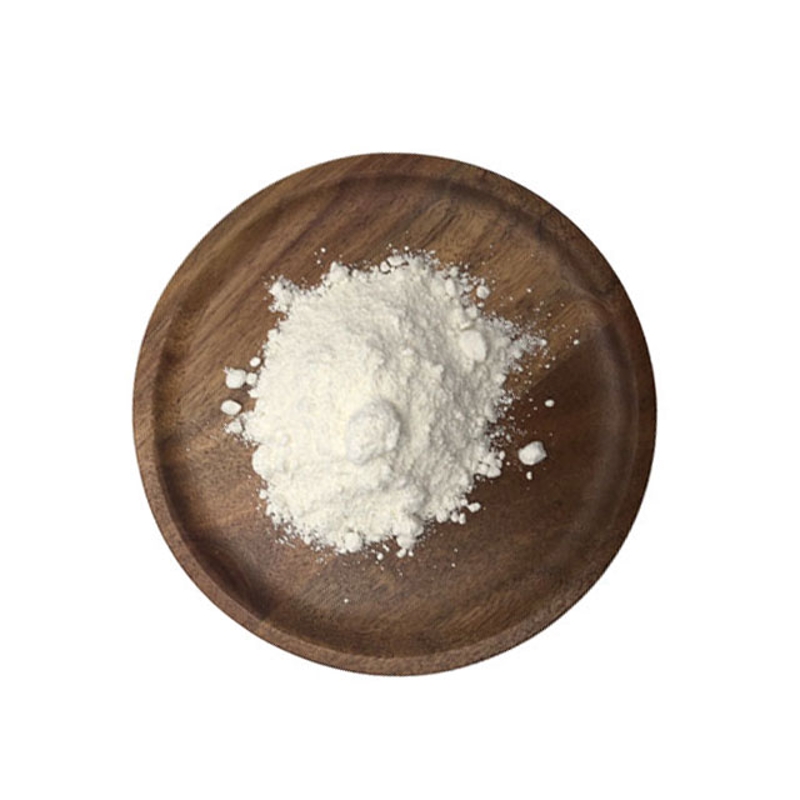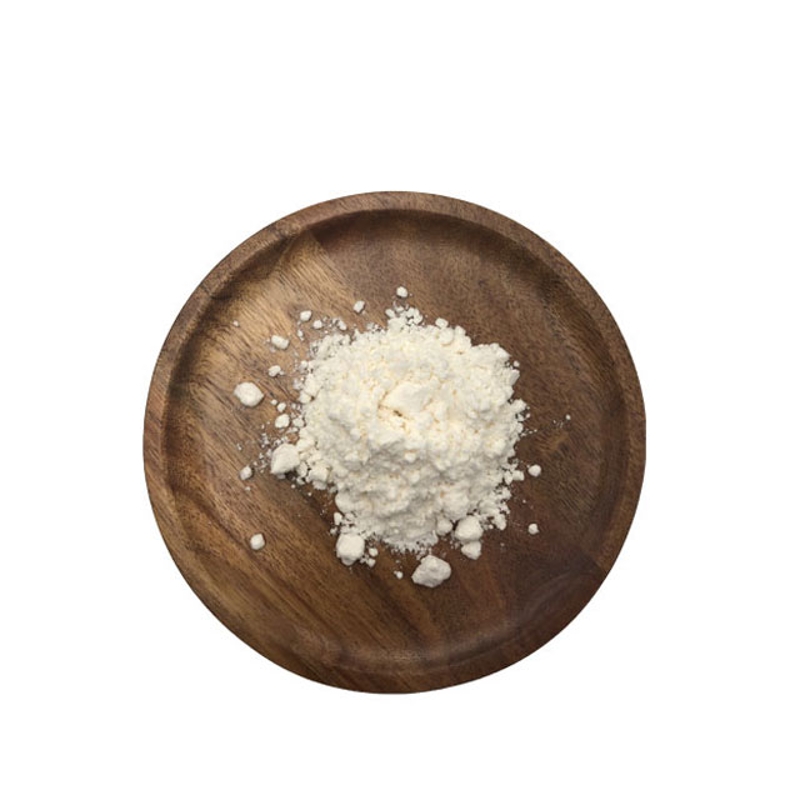-
Categories
-
Pharmaceutical Intermediates
-
Active Pharmaceutical Ingredients
-
Food Additives
- Industrial Coatings
- Agrochemicals
- Dyes and Pigments
- Surfactant
- Flavors and Fragrances
- Chemical Reagents
- Catalyst and Auxiliary
- Natural Products
- Inorganic Chemistry
-
Organic Chemistry
-
Biochemical Engineering
- Analytical Chemistry
- Cosmetic Ingredient
-
Pharmaceutical Intermediates
Promotion
ECHEMI Mall
Wholesale
Weekly Price
Exhibition
News
-
Trade Service
The cause of IBD is considered to be multi-factoral and is mainly caused by the disorders of the gastrointestinal mucous membrane stability, microbiome and inflammatory media.
in these patients, the prevalence of diabetes (DM) increased rapidly due to increased obesity, decreased levels of physical activity and age.
estimates, the worldwide prevalence rate is expected to increase rapidly from 2.8 per cent in 2000 to 4.4 to 7.7 per cent in 2030 and to exceed 9.9 per cent of the total population by 2045.
growing evidence that DM patients have increased inflammation and changes in gut bacteria, and that both DM and IBD are affected by genes, gut bacteria and lifestyle.
, however, the impact of consolidated DM on IBD pathogenesies has yet to be described.
, this study analyzed the severity of the disease in patients with IBD who had DM coexisting.
researchers analyzed data from IBD patients tracked between 2009 and 2017.
include patients who have been clinically followed for up to 3 years.
will identify IBD patients with DM against 400 consecutive cases of IBD that have not been diagnosed with DM.
141 (5%) of the 2,810 IBD patients had DM.
IBD DM used a higher proportion of 5-amino salginic acid (5ASA) agents (P s.04), narcotic drugs (P slt;0.001), and antibiotics (P s.007) compared to the IBD control group, but the probability of immunomodulants and/or biological agents was the same.
IBD DM showed a higher C-reactive protein (CRP) when analyzing biomarkers of severity; P -0.006) level, red blood cell setoe (ESR; P - 0.001), increased eosinophils (P - 0.004), monocytes (P - 0.02) and higher frequency of low albuminemia (P - 0.001).
poor quality of life of IBD DM (average short-term inflammatory bowel disease questionnaire; P-lt;0.001).
researchers say that patients with combined DM in IBD may be associated with an increase in the severity of the disease.
.







